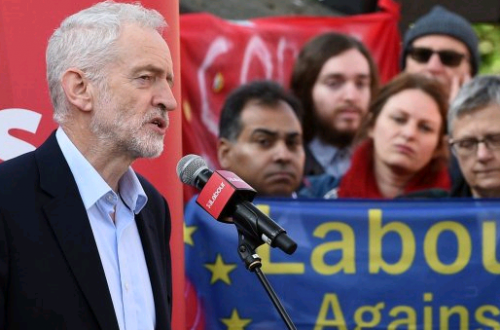Writing exclusively for Fathom, Daniel B. Shapiro, former Ambassador of the United States of America to the State of Israel assesses the 3 May meeting at the White House between Palestinian President Mahmoud Abbas and US President Trump. Shapiro argues that Abbas is ‘going to Washington in a far stronger position than he had any reason to expect’ and should now consider taking two further steps: find a way to signal an end to Palestinian Authority salaries paid to terrorist prisoners and their families and tell the President he is ready to enter talks with Israel without preconditions. If he does he can ‘leave the White House with the best asset any leader can hope for: the President’s support and respect’.
*
Palestinian Authority President Mahmoud Abbas has been written off so many times — by Israelis, by Arab leaders, by his own people — that he is often described as being politically dead. But like a cat with nine lives, he continues to recover just enough from each setback to retain his relevance for yet another round of Middle East diplomacy.
In President Donald Trump’s election, Abbas was handed a surprising, even shocking opportunity. But the question, as always with Abbas, is whether he will seize this opportunity and use it to try to achieve a breakthrough, or simply dance to avoid having to make historic decisions and shift the blame to Israel.
Abbas heads to Washington for his 3 May meeting with the President in a far stronger position than he had any reason to expect. President Trump campaigned for his office raising serious questions about whether he even viewed a two-state solution as a priority. His election was greeted with rapturous enthusiasm by the Israeli right, who anticipated an end to US opposition to West Bank settlement expansion and the prompt move of the US embassy from Tel Aviv to Jerusalem. Even while actively conducting discussions with numerous foreign governments, the Trump Transition initiated no contact with the Palestinian Authority and ignored Palestinian entreaties.
But the emerging policy of the Trump administration looks quite different, which is to say, quite similar to longstanding US policy. The President has assigned people close to him — his son-in-law, Jared Kushner and his real estate lawyer, Jason Greenblatt to pursue what he has called ‘the ultimate deal’. Greenblatt’s early diplomatic forays drew positive reviews, including from Palestinians, for being open to hearing all sides’ views. US efforts have included pressure on Israel to restrain settlement construction. The embassy move has been put on the back burner. And the President’s confidence (and, some would add, inexperience) is such that he declared last week ‘there is no reason there’s not peace between Israel and the Palestinians – none whatsoever’. READ MORE



